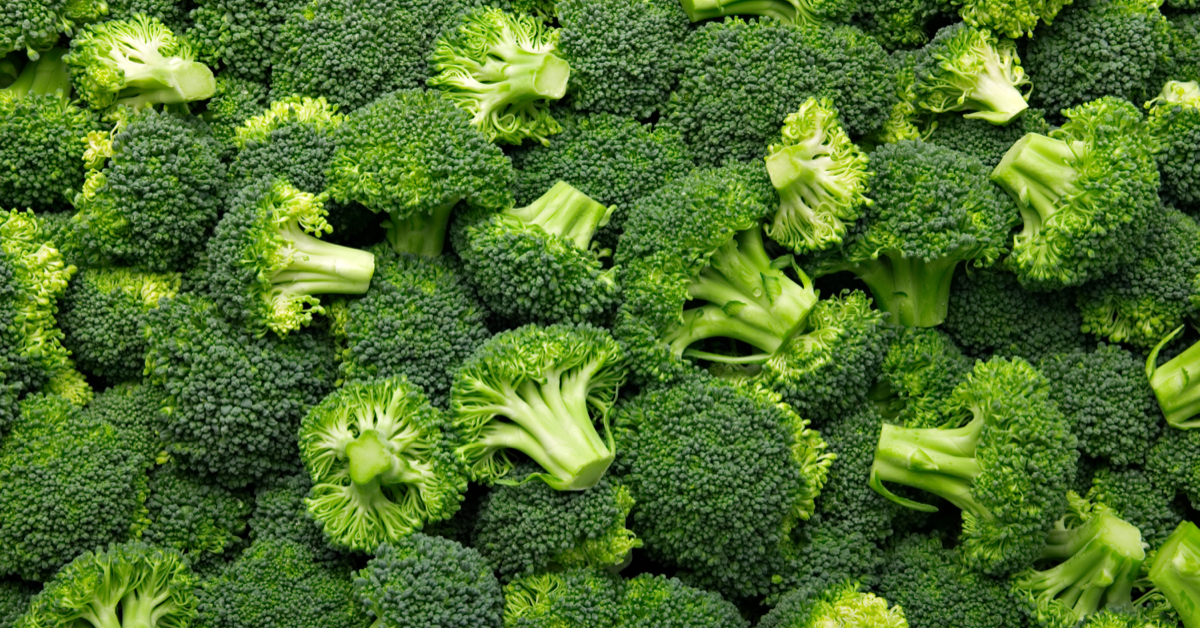One of the most toxic chemicals found in polluted air is benzene, an aromatic hydrocarbon found in crude oil and petrochemicals such as coal. According to the Department of Health and Human Services (HHS), long-term exposure to benzene causes cancer, including leukemia (a cancer of the body’s blood-forming organs that often begins in bone marrow). In the short term, some of the health effects of benzene exposure include: drowsiness, dizziness, rapid or irregular heartbeat, headaches, tremors, confusion, and unconsciousness.
A new report in the journal “Cancer Prevention Research” suggests that a form of broccoli may help our bodies get rid of benzene. The study was conducted by scientists from Johns Hopkins Bloomberg School of Public Health and other institutions. The report found that “consumption of half cup of broccoli sprout beverage produced rapid, significant and sustained higher levels of excretion of benzene, a known human carcinogen, and acrolein, a lung irritant.”
This study points to a frugal, simple and safe means that can be taken by individuals to possibly reduce some of the long-term health risks associated with air pollution. This while government leaders and policy makers define and implement more effective regulatory policies to improve air quality. Thomas Kensler, PhD, professor at the Johns Hopkins Bloomberg School and one of the study’s co-authors
The researchers conducted their study with 291 subjects 50 miles from one of China’s most industrialized cities, Shanghai. The participants who consumed the broccoli sprout beverage saw their bodies’ benzene excretion increase by 61 percent starting from the first day compared with the control group.
Air pollution is a preventable cause of premature death. And it must be reduced globally. However, this study, which builds on previous studies, suggests our parents were onto something when they told us to eat our veggies — or perhaps drinking them.
But let us be clear: air pollution is not about personal responsibility. Sure, eating healthy foods is good for your entire body, but the onus is on us — society — to reduce pollution and prevent death and disease caused by it in the first place.



